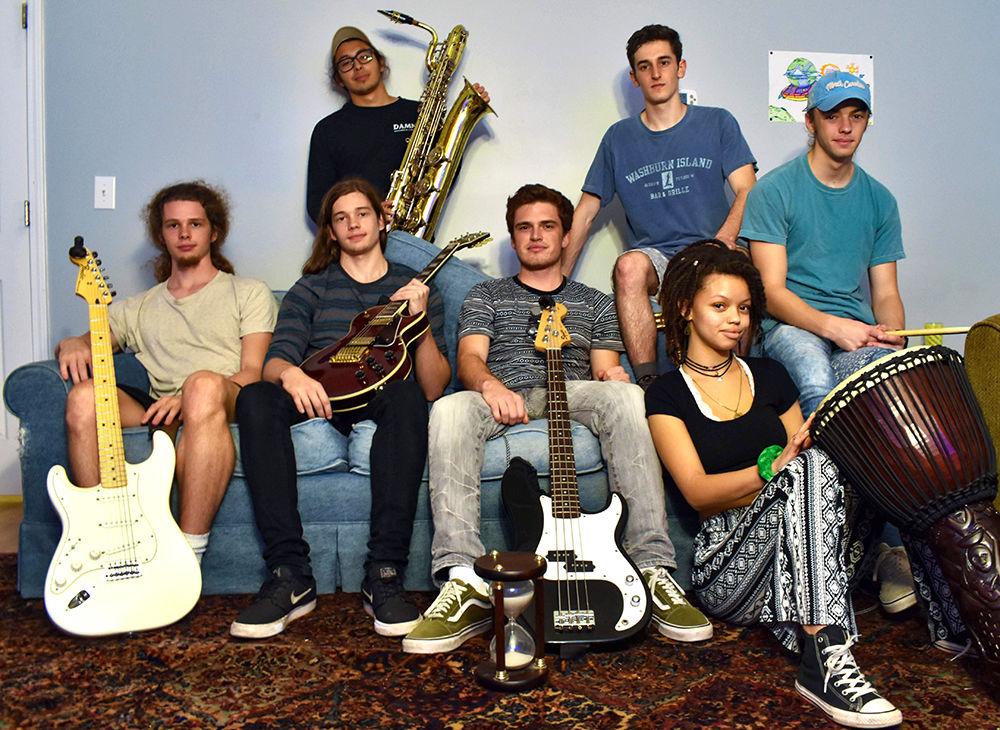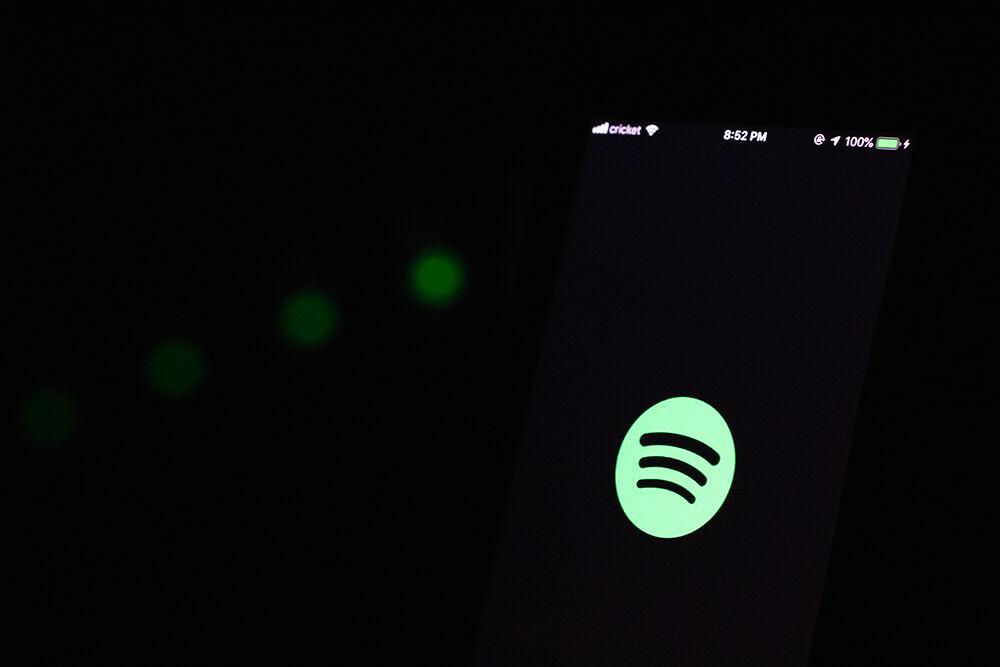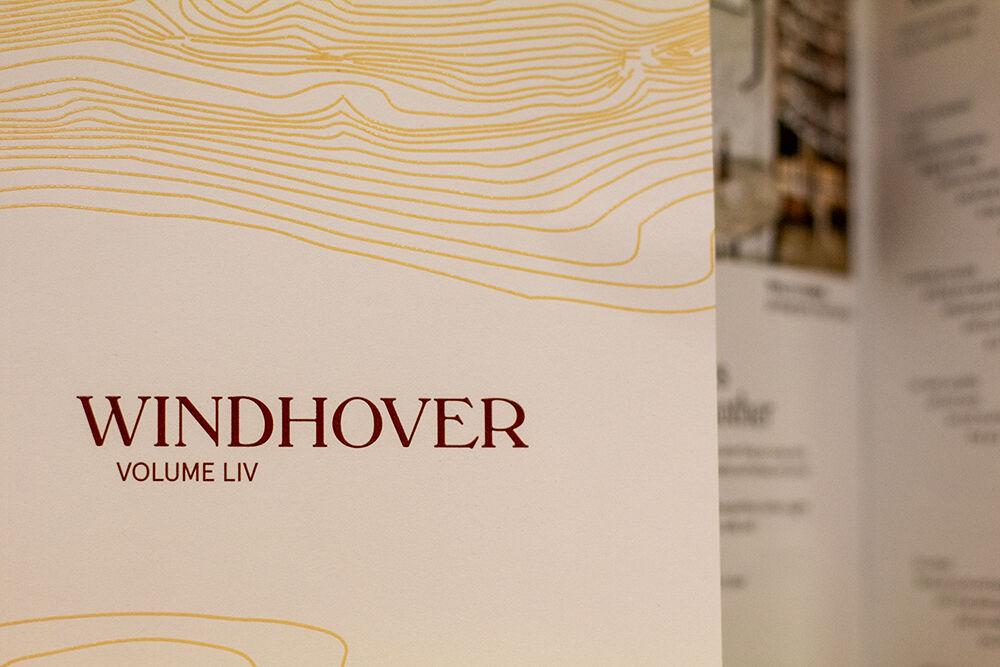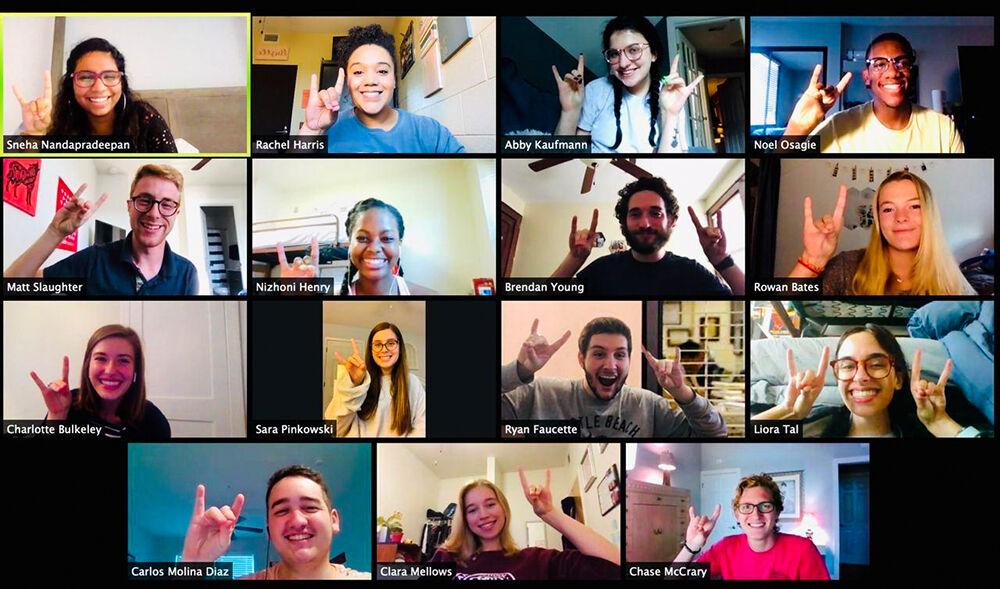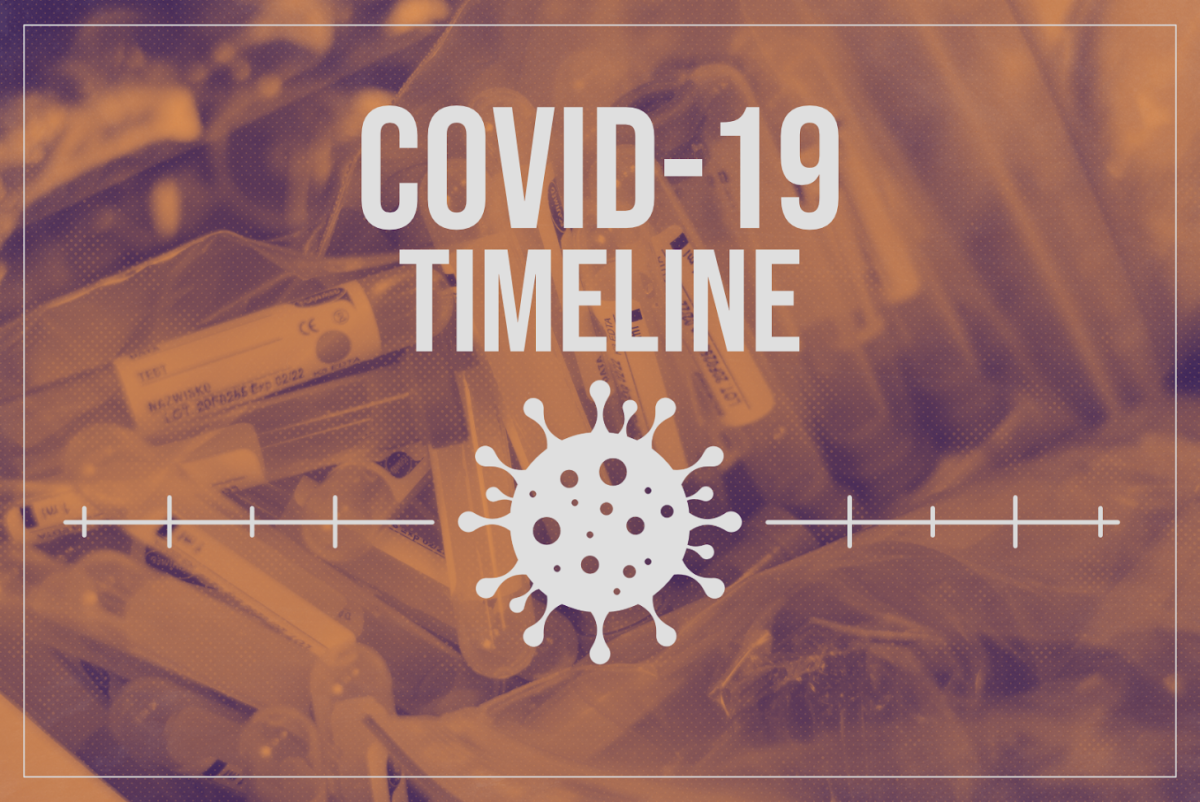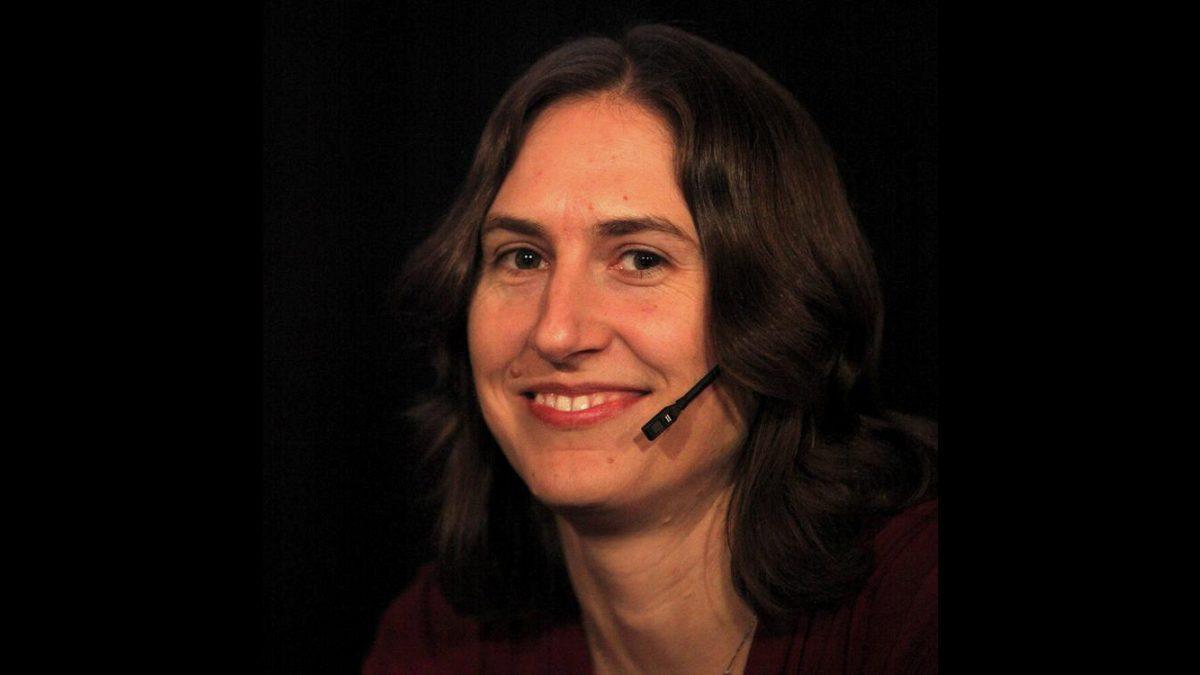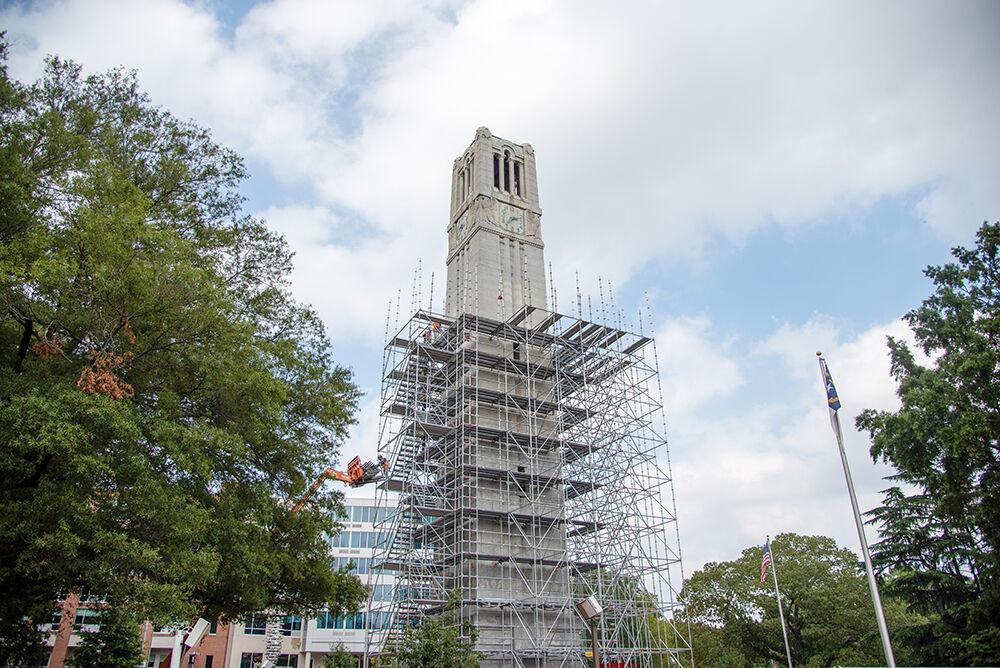Three NC State students and five students from UNC-Chapel Hill have come together to make Raleigh-based reggae blues band The Hourglass Kids. Four of its members met with Technician to discuss their music. Their band consists of:
- Tyler Rose, third-year studying English: vocals and bass guitar
- Alexandria Chapman, third-year studying Spanish and psychology: vocals
- Gaby Boada, fourth-year studying physics: vocals
- Justin “Duh” Crocker, student at UNC-Chapel Hill: lead guitar
- Chris “Louie” Crocker, student at UNC-Chapel Hill: rhythm guitar
- Daniel Bennett, student at UNC-Chapel Hill: drums
- Reis Rothman, student at UNC-Chapel Hill: trumpet
- Fernando Perez, student at UNC-Chapel Hill: baritone saxophone
What is The Hourglass Kids, and what do you do?
Tyler Rose: We’re a band. We’re a band of close friends, and what we do is we play live music, and we pull from a bunch of different genres, play in a way that’s very freeing in the fact that there’s a lot of different things to do and different things to play.
Gaby Boada: We experiment a lot with our music. We pull from a genre and give it our own twist, and it gives an interesting cocktail of songs we’re playing live, because we don’t know what’s we’re going to pull from next.
How would you describe your own music?
Tyler Rose: There is a strong influence of reggae, because a lot of the people who joined the band, that’s like a common denominator for a lot of us. And then I’d say a lot of the rest of it is just kind of the influences of our parents; some classic rock, some more jam-band stuff, some jazz. If you were to listen to it, you would definitely get the reggae, and it’s probably a rock act, is what it’s probably defined as, but there’s a strong reggae influence. There’s a strong blues influence, and then there’s another side of it at certain gigs that are more kind of quiet, laid-back, where it’s very acoustic and mellow in nature.
What is your inspiration?
Tyler Rose: We can go deeper into that, I think, in terms of some of the artists I think we could talk about. A big inspiration for me is looking at Bob Marley and the Wailers and the message that they convey through the music and the atmosphere that they’re able to create, and then maybe combine that with somebody like the Grateful Dead, where it’s just ultimate freedom in terms of the music; you can jam, you can go off on long riffs.
Gaby Boada: A lot of our music is trying to put you in the headspace of being somewhere the beach. We do a lot about nature and stuff. We don’t really go a lot of vague routes; we get kind of specific in some aspects.
Tyler Rose: It’s just like the idea of exploration itself. At least I know me, like a lot of my lyrics sometimes, in certain songs or something, are very storytelling, but then a lot of times, it’s just exploring the use of words and the use of sounds itself and trying to just paint a picture with it, not necessarily even knowing exactly where you’re starting or where you’re finishing up, but kind of just pulling everything together along the way.
Can you talk about your own music creative process?
Tyler Rose: I guess the music usually comes first. Somebody, whether it be one of the guitarists, comes up with a chord progression, or more recently our trumpet player has been coming up with a lot of cool stuff that we’ve been building songs around. Somebody just has something that sounds cool first, and then it’s kind of a group effort to kind of bring that into the shape of something as a song. It’s kind of everybody figuring out the rhythm, the progression, where it’s going to go musically. Me and Gabby usually come up with the lyrics, what the song’s about, and then Alex has had some harmony. Then Duh will just come up with the things that make it pop. Duh is very good — or Justin, I should say, Justin is very good at just coming up with weird tricks and rhythms that shake things up and keep it from becoming stagnant. But a lot of it’s just experience experimentation. It’s just jamming out together and, “Hey wait, that’s cool, I want hang on to that one.”
Justin “Duh” Crocker: I think a lot of process too is not even always when we’re playing. Sometimes, I’ll just be like in math class or whatever, I get an idea. So it’s just constantly playing stuff through my head, bringing it to the table.
Tyler Rose: Living in it; living in the music. I know when I write a song, when I write the lyrics, most of the time, it might take me two weeks to get the song finished, but I’m not working on it like 30 minutes a day. There will be two days out of those two weeks where I live that song and that’s the only thing going through my headphones. I’m obsessed with it, and I literally live in it, for better or worse. Sometimes it can create a weird day. But I live in the song, and then usually we come out and there’s the lyrics, there’s the message of it.
Gaby Boada: For backup a lot of the time, Tyler is doing the writing and me and Alex are trying hard to enhance the emotion or enhance whatever Tyler’s trying to get at; cooperate with the guitars and have a place where there is a lot of emphasis.
Alexandra Chapman: It’s just kind of like experimenting and adding new things and trying to see like what sounds the best in conveying what we’re trying to say.
Gaby Boada: There’s three of us singing, so we have to swap out the high end or the low end or who should step back or who should step forward.
Is it hard being in a band while also being a student?
Tyler Rose: Two answers for that. I would say being in a band makes being a student a lot easier, because if I didn’t have the band, I don’t know what I would be or where I would go or what I would do. This band means so much to everybody in it that it’s like, that’s our relief. That’s what we look forward to on a Friday night, Saturday night. We don’t go rush … to the football game or the party; it’s like, “OK, let’s get together and jam.” That’s our release. But from a strictly musical perspective, it is hard, especially because of how many people we have in the band. It’s a rare treat to have everybody there and everybody on at the same night, so there can be some organizational setbacks with that. And the whole school, just having to schedule around it, but it’s not something that we really let hold back. If anything, it kind of motivates us to work harder.
Gaby Boada: The vocals for “Plasma,” we recorded them during finals … I remember I ran in, and I had one final one day and a final the next day for my two core classes, and we knew that we were going to mix during the holidays, so they had to be done before we all left. I ran in for like 30 minutes, completely sleep deprived, and that’s what’s on the final recording.
Tyler Rose: I was camping in the studio.
Gaby Boada: That was rough.
How did you all meet?
Gaby Doaba: You should start with the Crockers.
Tyler Rose: Well, myself and the two guitarists, the Crockers, we had some mutual friends in high school, and it was towards the end of my senior year of high school, and it was just a very pivotal time for me and kind of like, realizing my place in the world and realizing that throughout high school, I maybe hadn’t always been the person that I knew I was growing up. I had maybe kind of shifted into what I wanted other people to think of me and that sort of thing. But hanging out with them at their house on the lake and becoming friends with them and eventually playing music with them really helped me get back to my roots as a person. So there is a strong bond there from the beginning. We came to State. We met Gabby and Nate. Nate used to play bass for us, and he helps us mix and produce and stuff. The four or five of us started jamming at that point. Then last year, for New Year’s, we needed a drummer, because I was playing bass at that time, so we needed a drummer for a New Year’s Eve gig. So we called up Daniel, who we had went to high school with, who now goes to Chapel Hill. He’s a freshman. He played with us, sat in with us, didn’t even get practice with us, but he just killed it. I guess you can talk about Matt Reese and Fernanda.
Justin “Duh” Crocker: Reese was my just randomly assigned roommate who happened to play trumpet.
Tyler Rose: He actually started jamming with us this time last year, and we kind of found “Plasma” because of him because it was in a B flat minor; it was in a trumpet-friendly key. He’s a very skilled musician, but he needed time, as a lot of us, to come out of our shell and perform in front of people, so this year is the first time he’s actually performed with us, even though he’s been jamming with us through a little bit, and the same for Fernando, the saxophone player.
Justin “Duh” Crocker: He was a good friend of mine and all through high school, and he happened to be coming to Chapel Hill, and so we were around him all the time. He’s super good at his saxophone. So, we were like, “Come on.”
Tyler Rose: I’ve lived in an apartment last year, and I started playing the bass in November of last year … In preparation for that New Year’s gig we had, I made the switch from percussion to bass, and my upstairs neighbor hated me. Downstairs neighbor didn’t care, and the neighbor to the side of me didn’t care. [Alex] is the neighbor to the side of me. We actually had a mutual friend, and so we became friends and she sings harmony. She grew up with a choral background, and I was like, “Hey, you know we could really use some harmony.” And so eventually, this year, she started singing with us and playing with us too.
Gaby Boada: You forgot the part where the Free Expression Tunnel … I would just sit on the Free Expression Tunnel and bully people. Well, I pick fun at them, and Tyler was the only person that ever got the joke and then sat with me.
How did you come up with your name?
Tyler Rose: We were trying for a while. This goes back to when it was just me, Duh and Louie. We had been jamming together, and we had kind of made the commitment that like, “Hey, let’s make a band … Let’s actually get serious about this.” I was literally just in the car on the way to the beach, and I was like, “Man, I don’t have anything to really do right now. I guess I could think about the name of our band.” I threw that name out there. We had kind of floated some names around, and I threw that one out there, and they were both like, “Well, that’s the best we’ve got so far.” And then I got a tattoo of a sideways hourglass at the end of my freshman year of college just because I wanted to. And they’re like, “Well, now we have to.”
What are your aspirations for your band?
Tyler Rose: I feel like everybody should answer this.
Justin “Duh” Crocker: For me, it’s almost like a healing thing. It’s like music is a form of meditation. I would say it’s about getting into that zone where you’re just totally not even thinking; you’re just doing it. And music’s pretty much the only way I’ve found that I can get there. I just want to continue it any way I can.
Gaby Boada: I’m majoring in physics, and I want to go physics graduate school, and I likely won’t be around these areas, so I really just love these past couple years playing with these boys, and it’s been immensely helpful, being in this major but having some time to not think about math and just relax. I think that I probably won’t be in the band by the time I graduate; I’ll have to graduate and move away, and I just hope that I can help out as much as I can and enjoy my time as it lasts, hopefully pass it off to Tyler to do more vocal stuff.
Alexandra Chapman: I definitely agree with Duh. It’s definitely a form of healing. And for me, it’s personal. For me, it’s helped me to think less and feel more, because music is something that you can’t really put too much thought into, and you have to learn to just feel it and feel what you’re doing. But for the band, it is something that I really just enjoy doing, so wherever it goes would be awesome.
Tyler Rose: I feel like what we’ve created is something that combined is greater than the parts separate. I guess we’ve created an organism, a being in a way, and I would just like to see it continue, and I think you don’t want to put too many expectations on things, because that’s the thief of joy. Obviously, it’d be awesome to be able to do it full-time and do it more. But for me, just to keep the thing alive just because … Seeing people’s reactions when we play places, and not just people our age — old people, little kids dancing to the music — it really is a humbling and a thing of a lot of gratitude. I would just like to see it continue into the future, because I think it has a good message, and I think it’s been really helpful to us and some of our close friends, and it’s been a very constructive embodier of love.
Gaby: I would have said project.
Tyler Rose: Just to see it continue and evolve and change as we change and evolve as people and that kind of thing.


